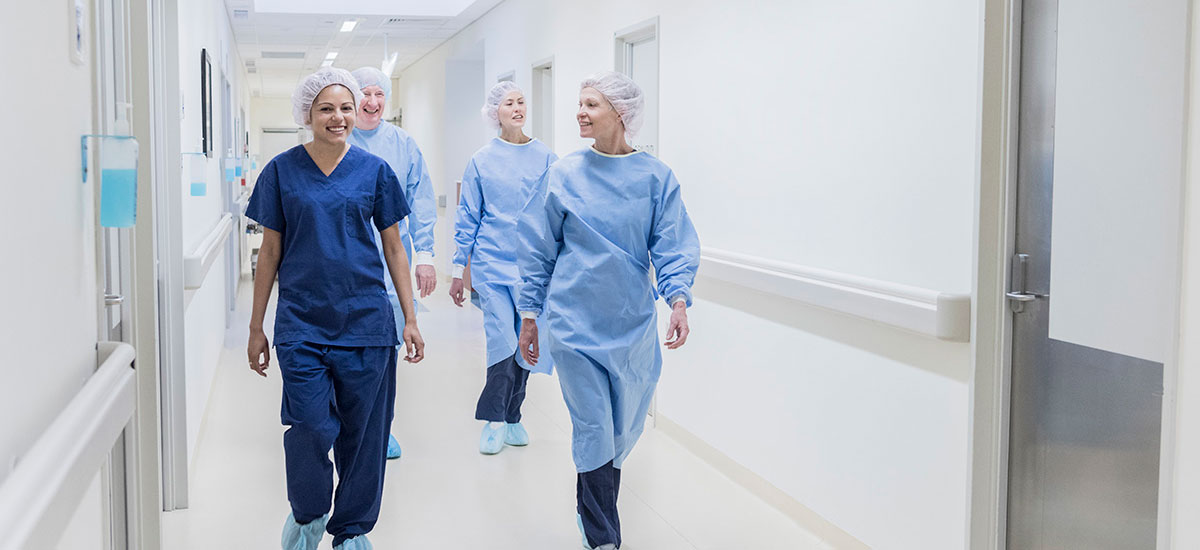Medical Procedures We Offer
A partner of SCA Health, our center works hard to ensure quality, safe and efficient patient care. We strive to make our facility a family-friendly atmosphere, so you and your loved ones can have a stress-free experience.
- Eyes
- Plastics
- Oculoplastics
- Retina
